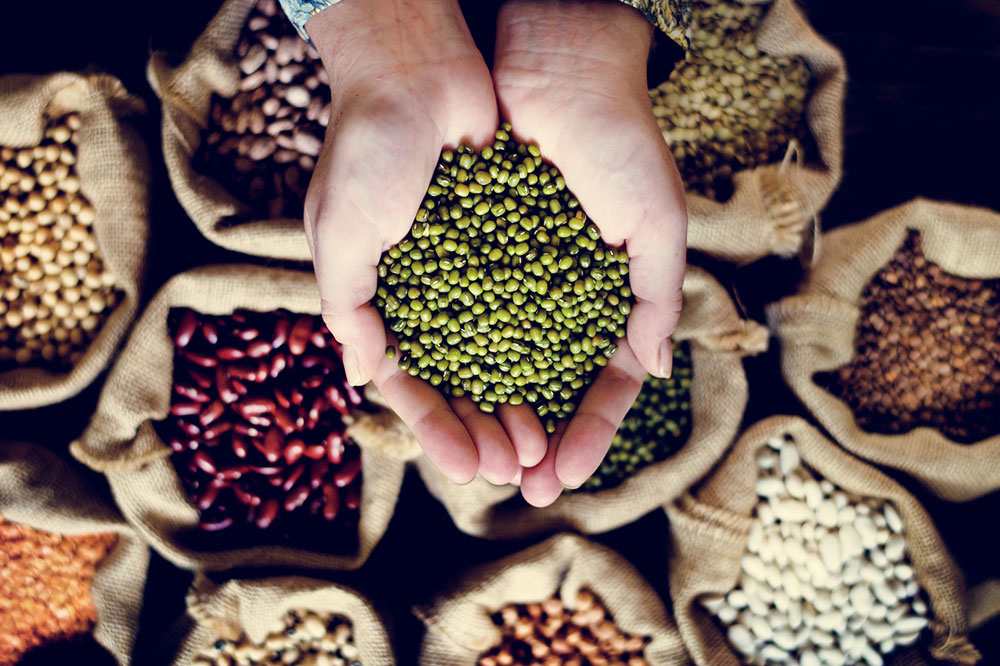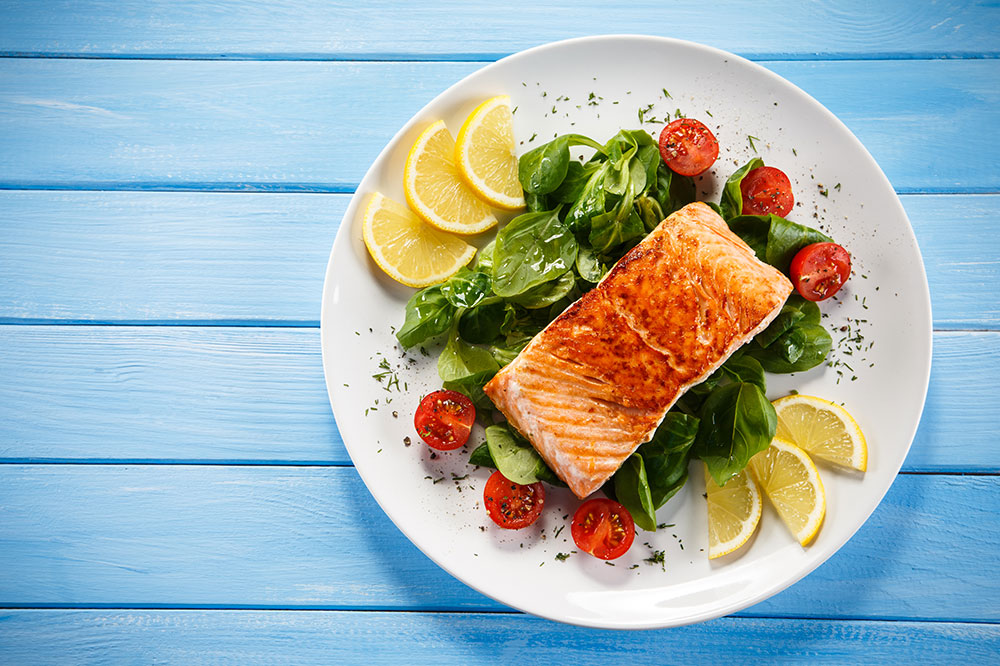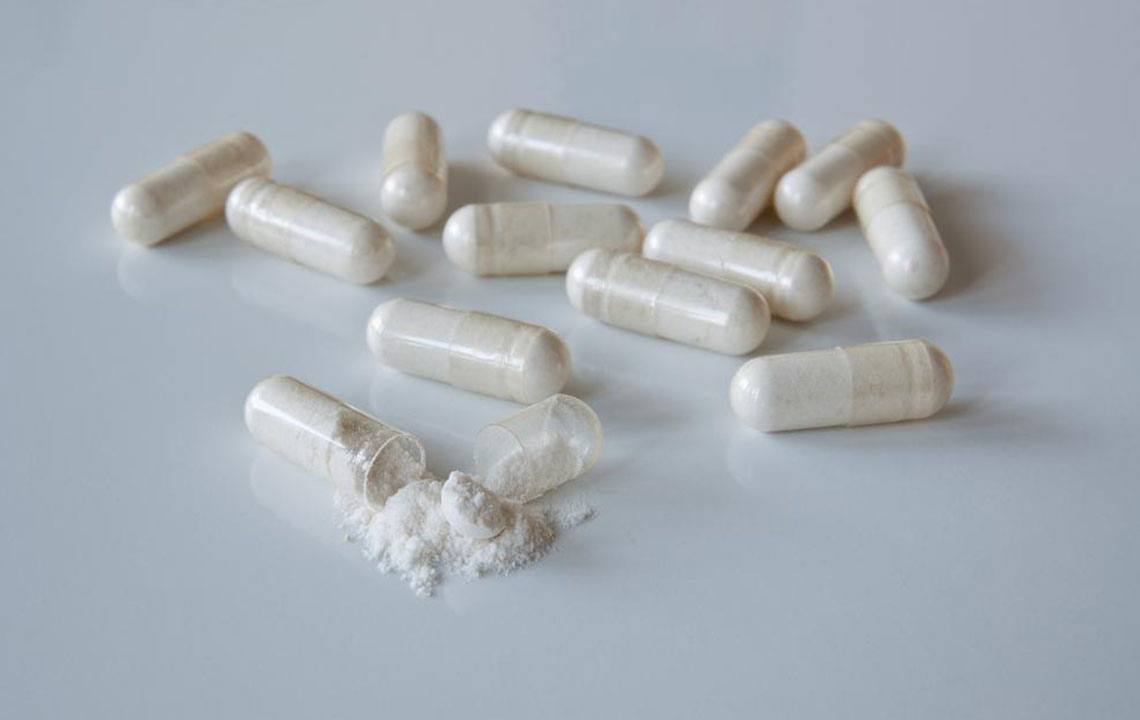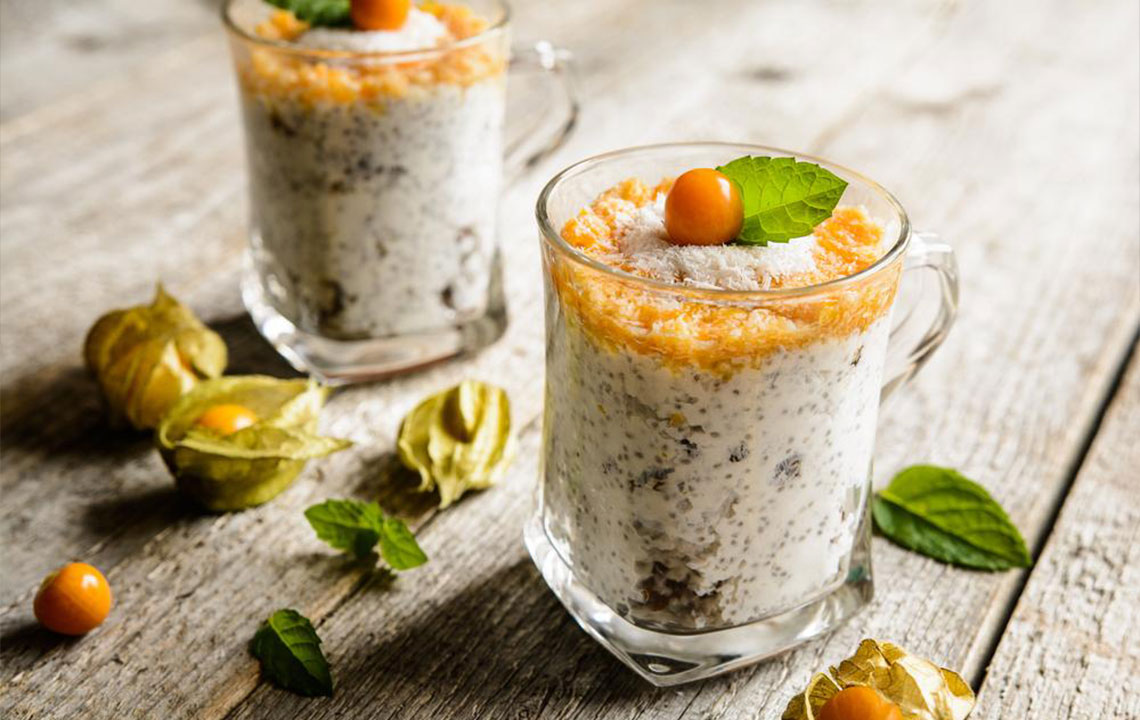Comprehensive Dietary Strategies to Support Myeloid Leukemia Patients
Discover comprehensive dietary strategies tailored for myeloid leukemia patients. This detailed guide emphasizes the importance of nutrient-dense foods like vegetables, fruits, lean proteins, and probiotics to support immune health and manage treatment side effects. Learn which foods to incorporate or avoid to optimize recovery and enhance quality of life during leukemia treatment. Expert tips encourage balanced nutrition as an essential component of disease management, helping patients strengthen their defenses and improve overall well-being throughout their journey.

Essential Nutrition Tips for Managing Myeloid Leukemia Effectively
Myeloid leukemia is a serious blood cancer characterized by the abnormal proliferation of immature white blood cells in the bone marrow. This disease disrupts normal blood functions, leading to symptoms such as fatigue, weakness, increased risk of infections, and bleeding issues. While medical treatments like chemotherapy, radiation, and targeted therapy are crucial, an often-overlooked aspect of managing myeloid leukemia is maintaining a balanced, nutritious diet. Proper nutrition can significantly improve patients’ quality of life, help manage side effects of treatment, and potentially support the body’s natural defenses against the disease.
The Critical Link Between Diet and Myeloid Leukemia Management
Nutritional intake plays a pivotal role in supporting immune function, combating fatigue, and facilitating recovery during treatment. Consuming nutrient-rich foods can help reduce the severity and frequency of disease flare-ups, minimize treatment-related side effects such as nausea or appetite loss, and promote overall well-being. A carefully planned diet tailored to the needs of leukemia patients can serve as an adjunct to medical therapies, enhancing their efficacy and making the treatment process more tolerable.
Key Foods to Incorporate into Your Diet
Vegetables
Vegetables are a cornerstone of a healthy diet, especially cruciferous vegetables like kale, spinach, broccoli, cauliflower, and cabbage. These foods contain phytochemicals and antioxidants that help fight carcinogens, support detoxification pathways, and bolster immune response. Leafy greens and colorful vegetables also provide essential vitamins, minerals, and fiber that aid digestion and overall health.
Fruits
Including a variety of fresh fruits such as berries, oranges, apples, bananas, and melons can significantly boost your nutrient intake. Fruits are rich in vitamins, antioxidants, and fiber, contributing to increased energy levels and immune support. Smoothies, fruit bowls, and fresh fruit slices are excellent ways to incorporate these nutritious foods into your daily routine.
Whole Grains
Whole grains like oats, quinoa, barley, brown rice, and buckwheat are excellent sources of complex carbohydrates, fiber, and essential nutrients. They provide sustained energy, help maintain stable blood sugar levels, and support digestion. Incorporating these grains into your diet can help in maintaining a healthy weight and reducing inflammation.
Probiotic Foods
Nutrition supporting gut health is important, especially during cancer treatment. Foods such as yogurt, kefir, kimchi, miso, and tempeh are rich in beneficial probiotics, which promote a healthy gut microbiome, improve digestion, and strengthen immune defenses. These foods can help alleviate gastrointestinal side effects caused by treatment procedures.
Lean Proteins
High-quality proteins are essential for tissue repair, immune function, and maintaining muscle mass. Fish (like salmon, mackerel), poultry (chicken, turkey), and lean meats (sirloin, tenderloin) are excellent options that provide necessary amino acids with minimal saturated fats. Incorporating these into your diet can support recovery and overall health, while also helping control cholesterol levels.
Foods to Limit or Avoid for Managing Myeloid Leukemia
Heavily Processed and Fast Foods
Foods such as fried items, fast-food burgers, hot dogs, and frozen meals tend to contain unhealthy trans fats, excessive sodium, preservatives, and additives. These can burden the digestive system, promote weight gain, and increase cholesterol levels, which may interfere with treatment outcomes.
Unpasteurized Dairy Products
Raw milk and cheeses made from unpasteurized milk carry a risk of bacterial contamination, which can compromise immune function—especially critical for leukemia patients with suppressed immunity.
Store-Bought Sugary Juices and Sodas
Commercial fruit juices often contain high levels of added sugars, preservatives, and artificial flavorings. Opting for freshly squeezed juices or consuming whole fruits is a healthier choice, aiding in blood sugar control and reducing inflammation.
In conclusion, integrating a diet rich in vegetables, fruits, whole grains, probiotic foods, and lean proteins can serve as an effective supportive measure for individuals battling myeloid leukemia. Simultaneously, limiting the intake of processed foods, unpasteurized dairy, and sugary beverages can help optimize health outcomes and improve quality of life. Patients should always consult healthcare professionals or registered dietitians when making significant dietary changes to ensure these strategies complement their overall treatment plan effectively.





